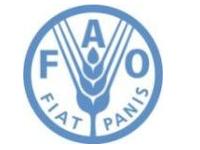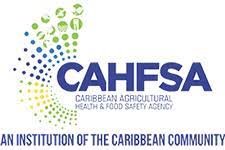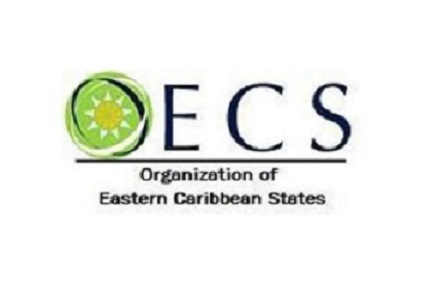Technical Cooperation Programme (TCP) “Strengthening regional capacities for surveillance, prevention and management of Fusarium wilt of banana, caused by the Tropical race 4 of the fungus Fusarium oxysporum f.sp. cubense (Foc TR4)” – held in Panama City, Panama
Duration: 17th -19th February 2020
Bananas represent an important commodity to both food security and rural sector of Latin America and the Caribbean (LAC) and constitute the most important tropical fruit for the region, displaying an annual production volume of approximately 30 million tonnes. At a per capita consumption of 55 kg of bananas and tropical fruits per annum, LAC also ranks as one of the major consumers of these fruits globally.
On August 8, 2019, the Colombian Institute of Agriculture (ICA) officially announced that TR4 has been found on six farms in La Guajira, the North East of the country. Subsequently, the ICA aims for the declaration of a National Emergency, which is a prerequisite to implement all necessary measures to prevent a further spread of the fungus.
Tropical race 4 (Foc TR4) is currently found in 18 countries5 belonging to different continents (Asia, Oceania, Africa, and more recently America), with serious repercussions on small producers, workers and the banana value chain. Fusarium wilt affects mostly clones of the Cavendish group, which is widely found in plantations and markets today, but other important varieties for food security and income generation of small producers are also susceptible, such as bananas (AAB), Bluggoe type cooking bananas (ABB), Gros Michel (AAA), Prata (AAB) and Manzano (AAB).
After the first record of TR4 in America, different countries and sub-regional bodies, as Colombia, Ecuador, the Organization International Regional for Agricultural Health (OIRSA) and the Caribbean Plant Health Directors’ Forum (CPHDF), requested FAO, for reinforcing regional coordination to achieve uniform application of phytosanitary measures and improving management and surveillance systems for this pest. In response to the request, FAO approved the Technical Cooperation Programme (TCP) “Strengthening regional capacities for surveillance, prevention and management of Fusarium wilt of banana, caused by the Tropical race 4 of the fungus Fusarium oxysporum f.sp. cubense (Foc TR4)”, considering the emergency magnitude.
The major objective of the inception workshop is to build solid foundation for the effective implementation of the TCP through:
Officially inform the concept of the TCP, its logical framework, the expected outcomes and outputs, as well as share relevant information on the current situation of Foc TR4.
Align efforts among all involved countries and partners, discuss and concur on implementation arrangement, including coordination mechanisms, roles and responsibilities to ensure synergies and avoid overlapping of activities.
Develop TCP work plan.
Discuss the main approaches about regional action plan for the prevention, surveillance and possible response to Foc TR4.
Design a clear roadmap for the follow-up to the workshop.
Read more about the the Technical Cooperation Programme (TCP) on Foc TR4 – Feb 2020 (PDF)













